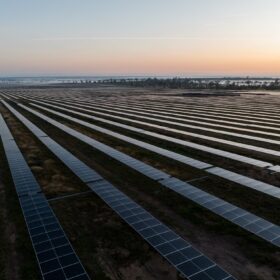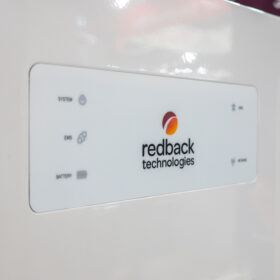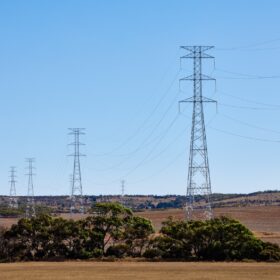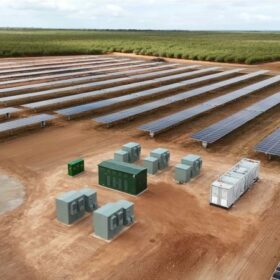The 16 new battery electric vehicles (EVs) shown this week are among 30 new battery EVs Toyota plans to roll out by 2030, resulting in a comprehensive line-up of electric passenger-cars, SUVs and commercial vehicles.
During an event at Toyota’s Megaweb showcase in Tokyo, Toyota president Akio Toyoda announced the group’s new battery EV sales target of 3.5 million a year by 2030 – which is an increase of 75% on the previous annual sales projection of 2.0 million BEVs, issued in May this year.
Half of the investment funds will be devoted to research and development and capital expenditure for battery EVs, while the other half will be dedicated to hybrid-electric (HEV), plug-in hybrid-electric (PHEV) and fuel-cell electric vehicles (FCEV).
The total includes 2.0 trillion yen (almost $AU25 billion) to accelerate the development of more-advanced, high-quality, and affordable batteries, an amount that is one-third higher than the 1.5 trillion yen announced as recently as September.
Toyoda said Toyota has more than 30 years of experience in power efficiency – refining the control of batteries, electric motors and the amount of energy a vehicle needs to run.
“We will not only add battery EV options to existing vehicle models but will also offer a full line-up of reasonably priced mass-production models, such as the bZ series, to meet the needs of all kinds of customers,” he said.
“We can position batteries and electric motors to bring more freedom to battery EVs. This freedom will allow us to be more attuned to our customers, such as by meeting the various needs of different regions, the various lifestyles of our customers, and, when it comes to commercial vehicles, everything from long-distance transport to last-mile delivery.”
Energy plays a critical role in achieving carbon neutrality and, at this stage, the energy situation varies greatly from region to region.
“That is exactly why Toyota is committed to providing a diversified range of carbon-neutral options to meet whatever might be the needs and situations in every country and region. It is not us but local markets and our customers who decide which options to choose.”
The 16 vehicles unveiled this week include five Toyota “bZ” (beyond Zero) vehicles, seven “lifestyle” models including commercial vehicles, and four Lexus models.
The five vehicles in the Toyota “bZ” (beyond Zero) series include the bZ4X (global launch in 2022 with Australian timing to be confirmed); a small, large and mid-size SUV, and a mid-size sedan.
Toyota Australia president and CEO Matthew Callachor welcomed the global commitment to battery EVs and related technologies, and reiterated Toyoda’s comments about the importance of having a diverse approach to electrification, with the aim of reducing carbon emissions.
“We are absolutely committed to providing our customers with a range of technologies that will help them on their journey to zero emissions based on their individual circumstances, ensuring we leave no-one behind,” Callachor said.
“Importantly, Toyota is not limited to a single technical solution because Australians have vastly different motoring needs, with locations from inner cities to suburbs, regional and rural areas and outback Australia.
“Australians are already buying Toyota hybrid electric vehicles in record numbers, which is significantly reducing the amount of carbon emissions. This demonstrates their support for a cleaner, more sustainable future and affordable, practical options.
“We have also embraced fuel-cell electric vehicles with the second-generation Mirai, supported by the new Toyota Hydrogen Centre in Melbourne, and we have announced plans to introduce our first battery EV in Australia, the bZ4X SUV.
“All of this adds to our excitement and anticipation around the latest investment Toyota is making in BEVs and our ongoing commitment to sustainable motoring solutions.”






By submitting this form you agree to pv magazine using your data for the purposes of publishing your comment.
Your personal data will only be disclosed or otherwise transmitted to third parties for the purposes of spam filtering or if this is necessary for technical maintenance of the website. Any other transfer to third parties will not take place unless this is justified on the basis of applicable data protection regulations or if pv magazine is legally obliged to do so.
You may revoke this consent at any time with effect for the future, in which case your personal data will be deleted immediately. Otherwise, your data will be deleted if pv magazine has processed your request or the purpose of data storage is fulfilled.
Further information on data privacy can be found in our Data Protection Policy.